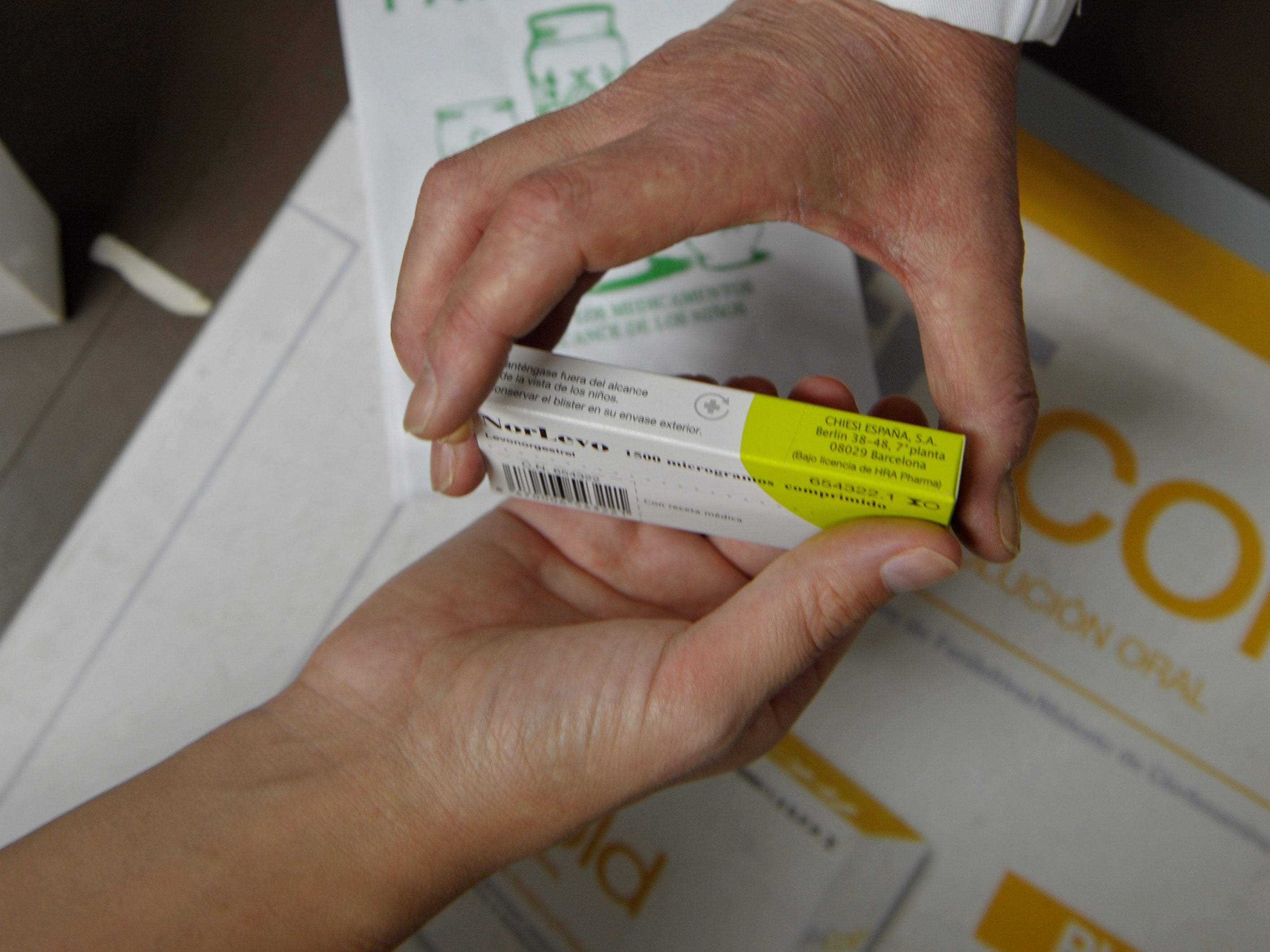
If you choose to use a lubricant, always use the right one.Use the right size to avoid condom spillage.Store your condoms in a cool and dry place for preservation.Always check whether there are signs of damage on the condom.Always check that the condom is not beyond its expiry date.So, how do you minimize the risk of the condom falling on you? With its 87% success rate, there is a 13% chance of failure. Finally, there is a chance that the condom could rupture and fail to serve its intended purpose.Ĭlick the button below and avoid unintended pregnancy today.ĭespite condoms being the most readily and universally available male contraceptive, they can only do so much.Many people, both male and female, have been on record to state that condoms interfere with their sexual intercourse experience.Also, the process of using or removing a condom can interrupt a rather intense sexual moment, hence is unsatisfactory to many couples.Therefore, using the condom exposes them to allergic reactions. A large number of males and females are allergic to latex and rubber.Finally, this male contraceptive has no medical side effects, making it a favored option among many.
MALE BIRTH CONTROL HOW TO
Also, condoms are easy to use and dispose of that is, you do not prepare how to use or dispose of a condom.Condoms come in a lot of variety, shapes, and flavors, giving you a range to choose from.Condoms are also a sure way to prevent the transmission of sexually transmitted diseases.The odds of preventing an unwanted pregnancy are relatively high when using a condom.

A condom has an 87% success rate of preventing conception. Wearing a condom during intercourse prevents unwanted pregnancies and a myriad of sexually transmitted diseases.

Spermicide is a type of contraceptive that kills sperm or stops it from moving. These are nonhormonal options for birth control. Examples include tubal ligation for women and vasectomy for men. This is a permanent method of birth control.

These are considered long-acting methods because they last for three to 10 years after insertion - depending on the device - or until you decide to have the device removed. Examples include the copper IUD (ParaGard), the hormonal IUD (Mirena, Skyla, Kyleena, others) and the contraceptive implant (Nexplanon). These are considered short-acting methods because you have to remember to use them on a daily, weekly or monthly basis.
MALE BIRTH CONTROL SKIN
Examples include birth control pills, as well as the vaginal ring (NuvaRing), skin patch (Xulane) and contraceptive injection (Depo-Provera). Examples include male and female condoms, as well as the diaphragm, cervical cap and contraceptive sponge.


 0 kommentar(er)
0 kommentar(er)
